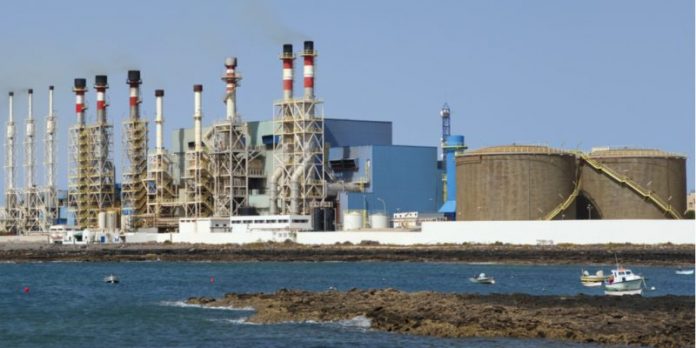Several African countries are increasingly turning to non-conventional water resources such as desalination. This new policy in favour of desalination stems from the scarcity of surface and groundwater resources in some parts of the continent. This water stress is caused by climate change and human action on rivers, streams, lakes and groundwater.
Surface water resources are becoming scarcer in some parts of Africa. The situation is worsening, while some countries are still trying to ensure basic access to drinking water for their populations. According to the United Nations (UN), the proportion of people with safe access to safe drinking water has only increased from 17.9% to 23.7% in sub-Saharan Africa since 2000. Yet water stress is expected to increase further. According to the UN, by 2030, 75 to 250 million people in Africa will be living in areas of high water scarcity. The international organisation also indicates that this phenomenon will probably lead to the displacement of 24 to 700 million people, as living conditions will become increasingly difficult.
According to some researchers, water shortages could also lead to conflict in Africa. The beginnings of such an outcome have been observed with the construction of the Renaissance Dam on the Ethiopian side of the Nile. Fearing the consequences of water retention on its water supply from the Nile, Egypt has even threatened Ethiopia with military intervention to stop the construction of this large dam which will store 10 million m³ of water. Read more…



